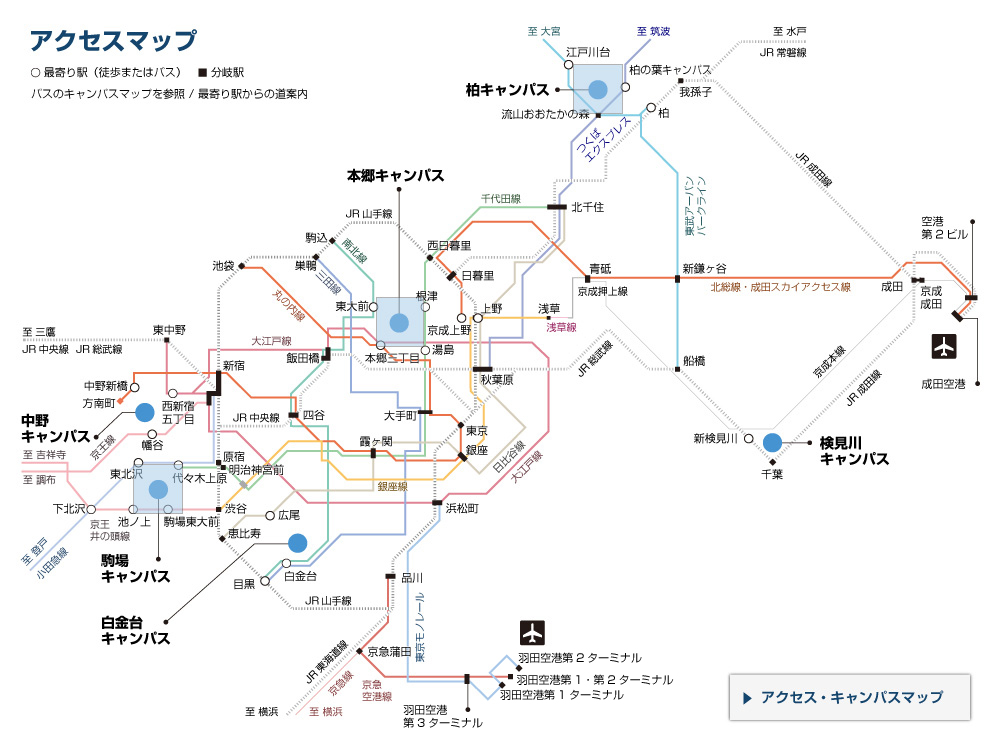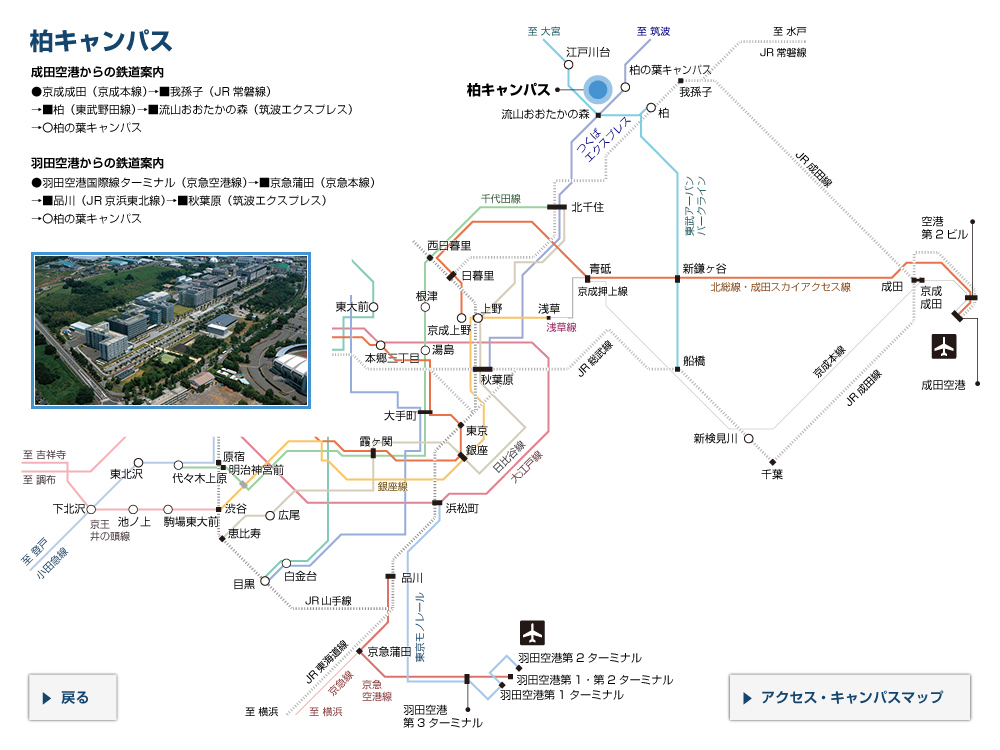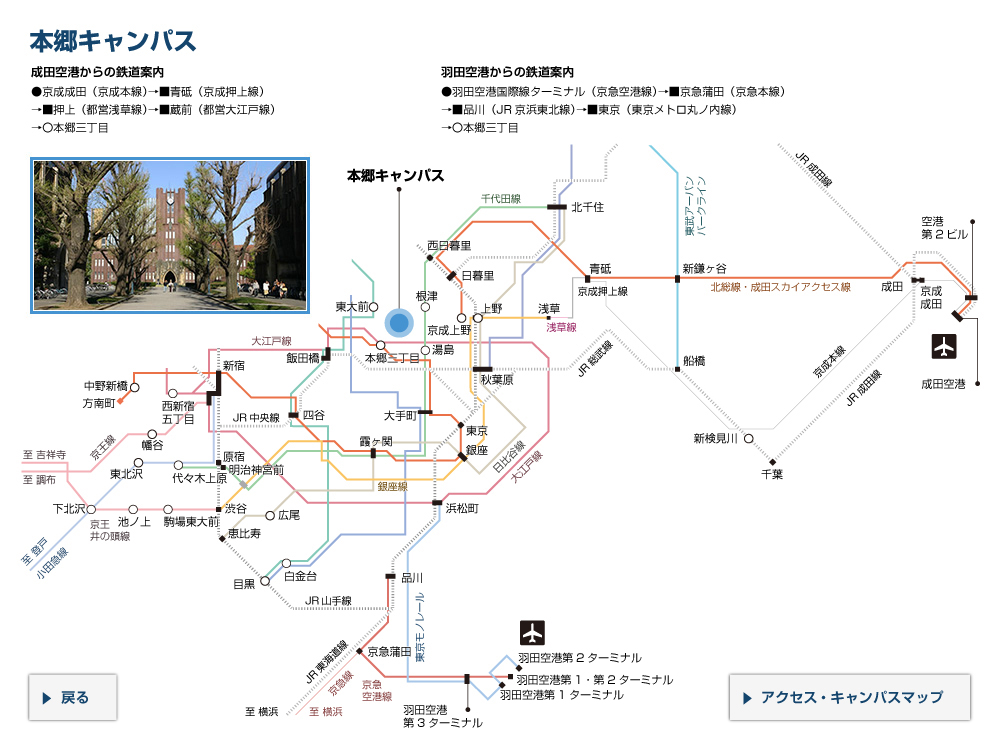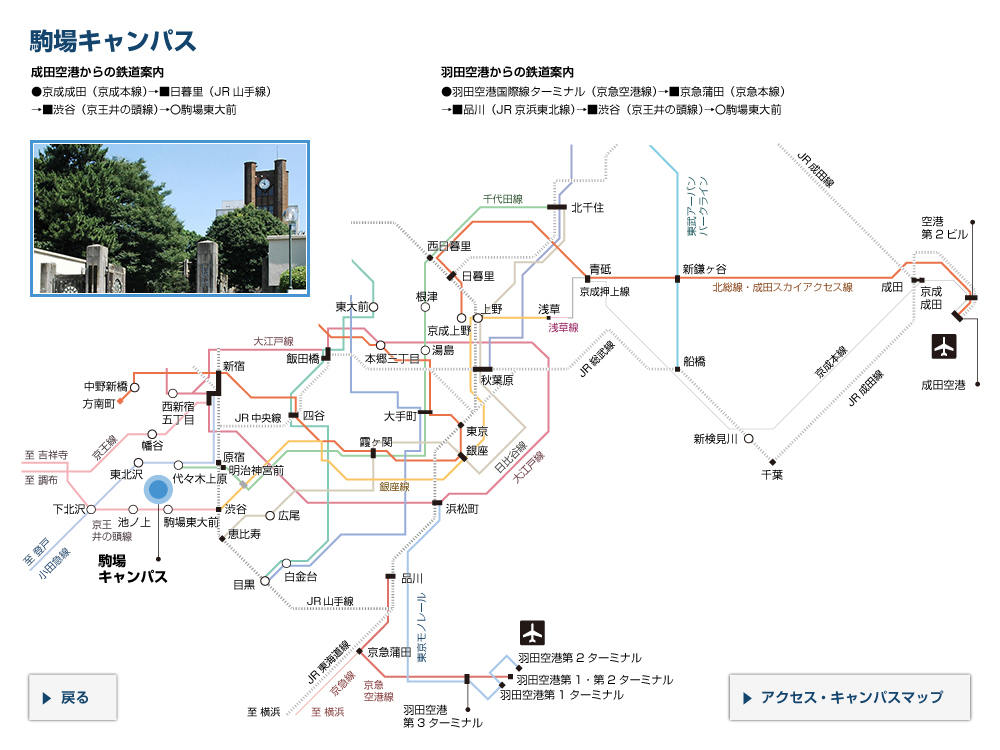令和3年度 東京大学秋季入学式
工学系研究科長式辞
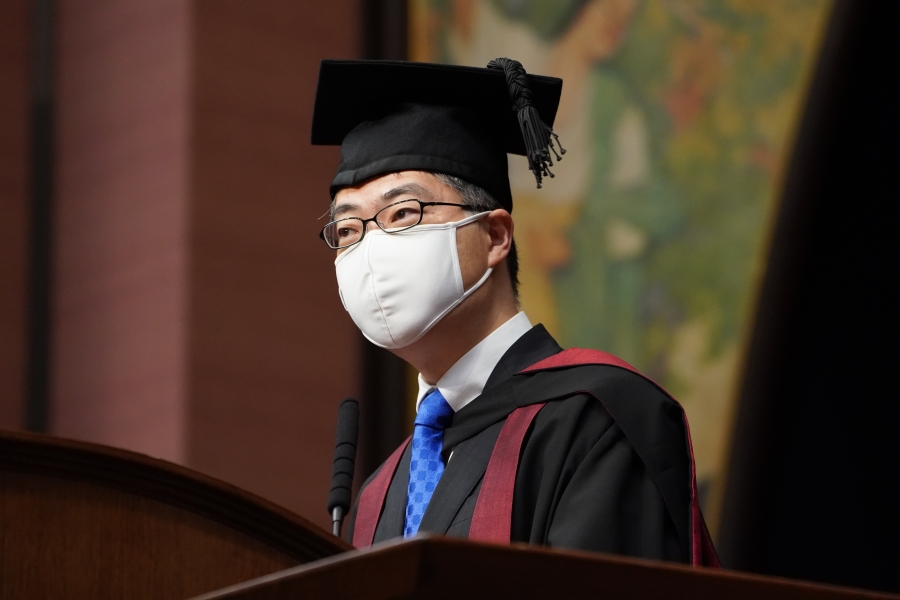

Dean’s Address at the 2021 Autumn Semester Matriculation Ceremony
I wish to congratulate all of you who have been admitted to the University of Tokyo. My name is Takao Someya and I am dean of the Graduate School of Engineering, extending the warmest welcome. Many of you are international students and I thank you for choosing us from the many universities worldwide. I can imagine how difficult it was to decide studying outside of your home country, especially in the unstable situation caused by the pandemic. I admire your passion for learning and your decision to engage in this challenge.
My research field is organic electronics, and I am working on smart clothing, which you can see here today. Can you imagine biological signals and human motions being monitored by simply wearing a shirt? Organic devices developed by my group can withstand stretching and bending. Therefore, wearing this sensor in the form of clothing is as comfortable as wearing a normal shirt. To describe how everything led to this shirt, let me start with my experience of studying abroad.
Twenty years ago, I worked at Bell Laboratories in the United States, the very place where the transistor was invented. Bell Labs attracted outstanding scientists from around the world and was the working place of my dreams. When seated in the cafeteria at a table for ten, it was rare to find two people from the same country. Such diversity stimulated ideas, encouraged the fusion of different concepts, and was a source of originality. My colleagues at Bell Labs were very interested in Japan, often knew my country better than I did, and had quite different perceptions from mine. Awareness of how the rest of the world sees my country is a perspective I gained by living abroad and being able to observe my country from the outside. It continues to influence my decision-making process to this day.
My colleagues at Bell Labs were friendly, but as is typical in a group of professionals, it was a highly competitive environment. As a young researcher, I was desperate to join the group of experts and continued to propose many ideas. When I shared ideas with colleagues, they would usually recommend an expert to collaborate with. While it was a blessing to be able to work with the authorities in the field, it also meant that it was them who receive most of the credit. As a result, my academic credibility could never be established. In the end, I realized that unless I pioneered a field of my own, my work would never be recognized as original.
Immediately after my return to Japan, I started an independent research group as an associate professor at the University of Tokyo. Intent on achieving originality, I was determined to avoid the areas studied by other experts. Instead of working on display applications, which were the mainstream of the field at the time, I focused on sensors. This led to the invention of a stretchable sensor that could be used as an electronic skin for robots. About 15 years later, the electronic skin was commercialized as a garment-type sensor by a startup company that originated in my group. Currently, I am trying to apply electronic skin to health monitoring, which could offer a solution to the problems of our super-aging society.
As the complexity of our world increases, knowledge from diverse fields is needed to solve them. A wide variety of knowledge exists in universities, but to solve problems, the ability to connect different types of knowledge is essential. How can we develop this ability? This is not an easy task. As a clue, I would like to introduce the words of Dr. Hiroyuki Sakaki, who was my PhD advisor. Dr. Sakaki often said, "If you are earning a doctorate, you, as a specialist, must be able to convey the essence of things without hurting others.” Pointing out an uncomfortable truth may be perceived as criticism, and may not be accepted well. If you hurt the other person by conveying the essence of things, dialog may stop, and you may fail to exchange knowledge. In contrast, if you have little interest in the knowledge of different fields, you will avoid such friction but cannot make connections to other ways of thinking. To achieve connection, you must control the amount of frictional heat generated through criticism so that the temperature does not reach a melting point where trust is destroyed.
To avoid troublesome friction, people tend to exclude people with different ways of thinking. However, at the University of Tokyo, we have fostered a culture of tolerance for differences. Being different from others is a wonderful thing. It is the source of originality that creates “one” from “zero.” If you ever feel that you are different from others, please take pride in that. I am grateful to the University of Tokyo for providing me with a wonderful research environment. I invented electronic skin here and put it to practical use in cooperation with many colleagues. Now it is your turn to take advantage of this environment which values differences and empowers you to realize your dreams. Finally, I hope that those who are listening to my speech from overseas are able to join us in Japan soon. Until that time, we will provide as much support as possible online. Thank you very much for your attention and best wishes on your academic endeavors.
SOMEYA Takao
Dean of the Graduate School of Engineering
The University of Tokyo
October 1, 2021
- カテゴリナビ



